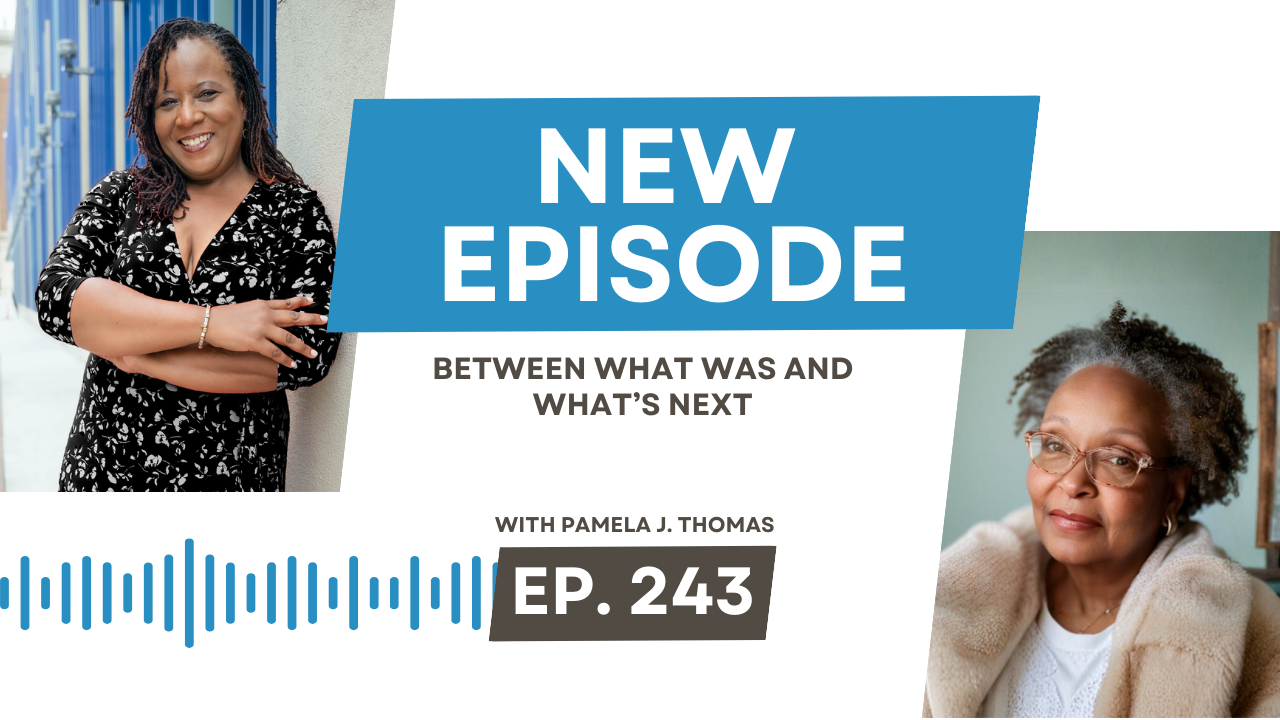In times of economic uncertainty, securing a stable financial future becomes crucial. Fortunately, note investing offers a reliable way to enhance your financial portfolio. In a recent episode of Money with Mission podcast, seasoned investor Fred Moskowitz shares how he transitioned from the tech industry to mastering passive income through mortgage notes.
Ultimately, note investing could be a leverage to achieve financial independence.

Understanding Note Investing
Note investing, which involves purchasing debt instruments typically secured by real estate, offers a unique opportunity for investors. In this approach, you, as the investor, step into the role of a lender, earning income through the interest and principal payments made by the borrower. Unlike traditional real estate investments, where you own the property, note investing involves owning the mortgage or promissory note. Consequently, this shift allows for a more passive income stream without the hassle of property management.
Moreover, the allure of note investing lies in its ability to generate consistent cash flow. Additionally, it diversifies your investment portfolio beyond the stock market’s volatility, a safeguard against economic downturns. Importantly, this form of investment is not limited to the wealthy. It is also accessible to average investors eager to enhance their financial literacy and independence.
Smart Strategy for Passive Income and Portfolio Diversification
Note investing offers a practical way to build wealth, especially for those looking for income-producing assets with a balanced risk-return profile.
Here are some reasons why note investing is considered practical:
-
Passive Income: Note investing generates steady, predictable cash flow as borrowers make regular interest and principal payments.
-
Lower Risk: Notes are often secured by collateral, such as real estate, which reduces the risk of total loss if the borrower defaults.
-
Flexibility: Investors can choose between performing notes (those with borrowers making regular payments) for steady income or non-performing notes (where borrowers have defaulted) to buy at a discount and profit from restructuring or foreclosure.
-
Portfolio Diversification: Notes provide a distinct risk profile compared to stocks and bonds, making them an effective tool for diversifying an investment portfolio.
-
High Returns: With proper due diligence, note investing can yield higher returns than traditional investments such as bonds or savings accounts.
-
Control and Negotiability: Investors can negotiate terms with borrowers, such as interest rates and payment schedules, providing more control over the investment.
-
Impactful Investing: Note investors can help borrowers avoid foreclosure by restructuring loans, making it a socially impactful form of investing.
Integrating Note Investing into Your Financial Strategy
Incorporating note investing into your broader financial plan can significantly reduce dependency on a single income source, thus enhancing financial security. It’s about placing your capital to work in a high-potential area that offers stability and satisfactory returns. Moreover, the scalability of note investing allows for significant growth without the proportional increase in active management duties.








